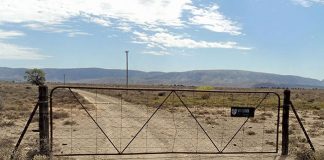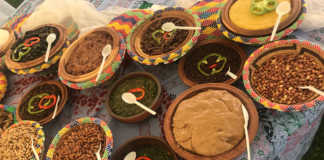
The study, conducted by the National Business Initiative, Business Unity South Africa (BUSA), and the Boston Consulting Group in the US, assessed what it would take for South Africa to reach net zero by 2050 and to ensure a ‘just transition’.
It stated that for the country, responding to climate change was fundamentally about ensuring future economic competitiveness and lifting its people out of poverty, inequality, and unemployment, while contributing to the global goal of reducing CO₂ emissions.
The study offered several strategies for South Africa to reach its climate goals, including faster deployment of renewable energy, and the rapid electrification of transport.
Agriculture-specific strategies included changing South Africans’ diets to include less red meat and employing better agricultural practices, such as the use of organic fertilisers.
This, it said, had the potential to reduce the agriculture sector’s CO₂ emissions by 70%.
If the current rate of red meat production and consumption was maintained, a reduction of only 40% would be achieved, leaving the sector with 39 million tons of CO₂ to sequester every year.
However, Theo Boshoff, CEO of Agbiz, one of the partners on the research project through its affiliation with BUSA, said that reducing red meat consumption was not feasible. He also questioned the supposed impact of reducing this consumption on the environment.
“In ensuring a just transition, certain industries won’t reach net zero because it would have a more detrimental effect on society than not achieving it would. For example, if red meat production and consumption were to be reduced or eliminated, we would see problems with malnourishment.
“And since the new diet would be four times more expensive to maintain, there would be affordability issues across vast tracts of South Africa’s population.
“The effect on the economy would also be big. Two-thirds of the country isn’t suited for any food production other than livestock. So while agriculture can do much to reduce emissions, aiming for net zero isn’t feasible.
“Most of the country’s potential to reduce emissions is in the energy sector,” he said.
According to Boshoff, new technologies that reduced methane emissions in cattle farming were advancing quickly, and this could make the debate surrounding red meat’s impact on the environment moot in years to come. Manure management, for example, could reduce emissions by 30%.











